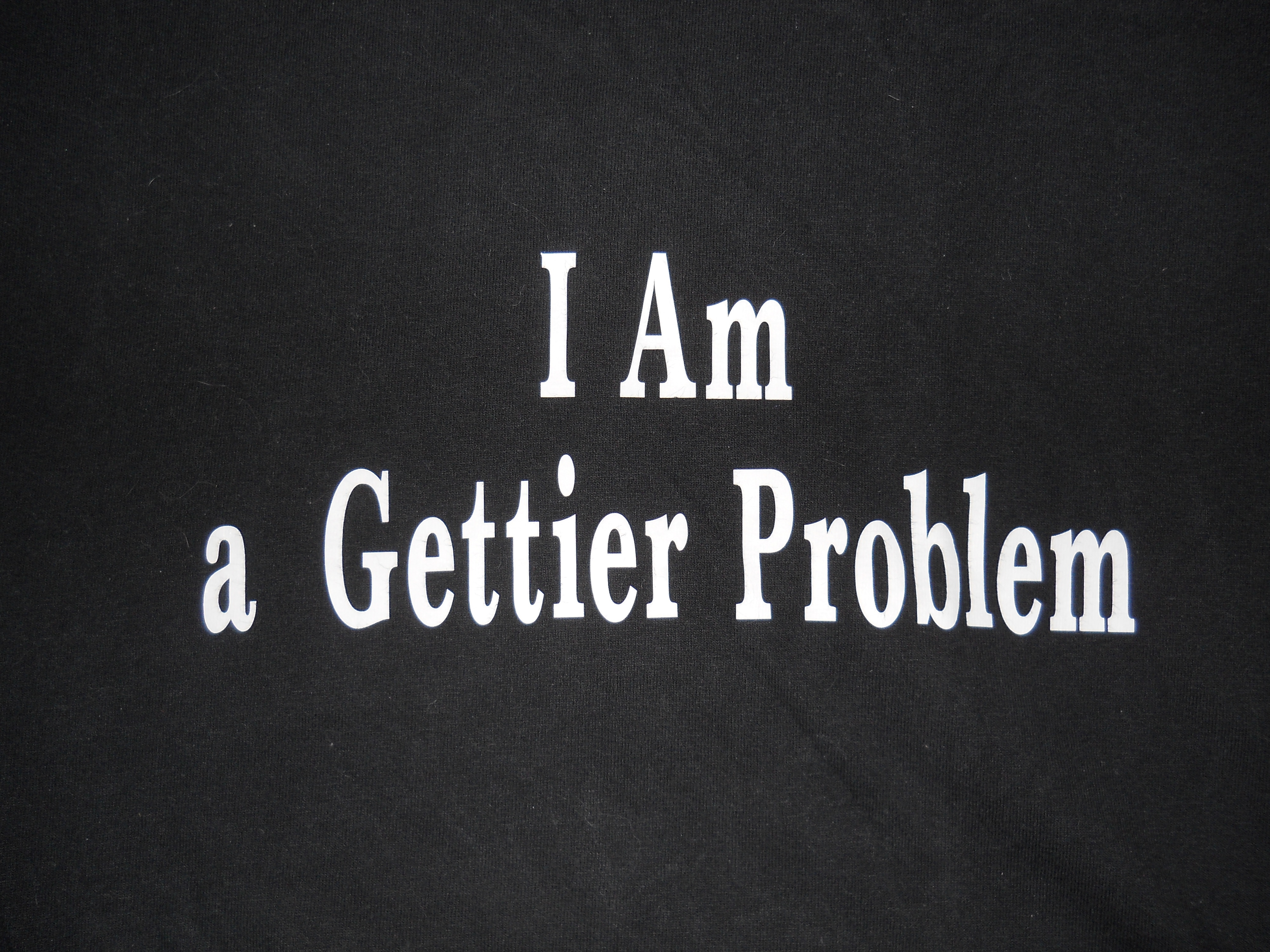“You also seem to be ignoring those elusive things called Gettier problems, Damien.”
Why do people believe that, they have proof that one must not ever use JTB?“Gettier problems” or cases are named in honor of the American philosopher Edmund Gettier, who discovered them in 1963. They function as challenges to the philosophical tradition of defining knowledge of a proposition as Justified True Belief “JTB” in that proposition. Ref
My response, you mean that sometimes there may be a requirement to add further delineation to one’s JTB understanding of what constitutes knowledge. Yes, it’s not a problem it showed we must do more than hasty generalizations for our epistemological methodology, not a problem for me at all as a methodological rationalist. it only validates my thinking with the others around me once they get what I am doing with my conception of knowledge
Justified True Beliefs?I follow the standard in philosophy JTB Justified True Beliefs.
“Theory of justification is a part of epistemology that attempts to understand the justification of propositions and beliefs. Epistemologists are concerned with various epistemic features of belief, which include the ideas of justification, warrant, rationality, and probability. Of these four terms, the term that has been most widely used and discussed by the early 21st century is “warrant”. Loosely speaking, justification is the reason that someone (properly) holds a belief. When a claim is in doubt, justification can be used to support the claim and reduce or remove the doubt. Justification can use empiricism (the evidence of the senses), authoritative testimony (the appeal to criteria and authority), or logical deduction.” Ref
“I will show you the power of words in my hands or thinking.”

